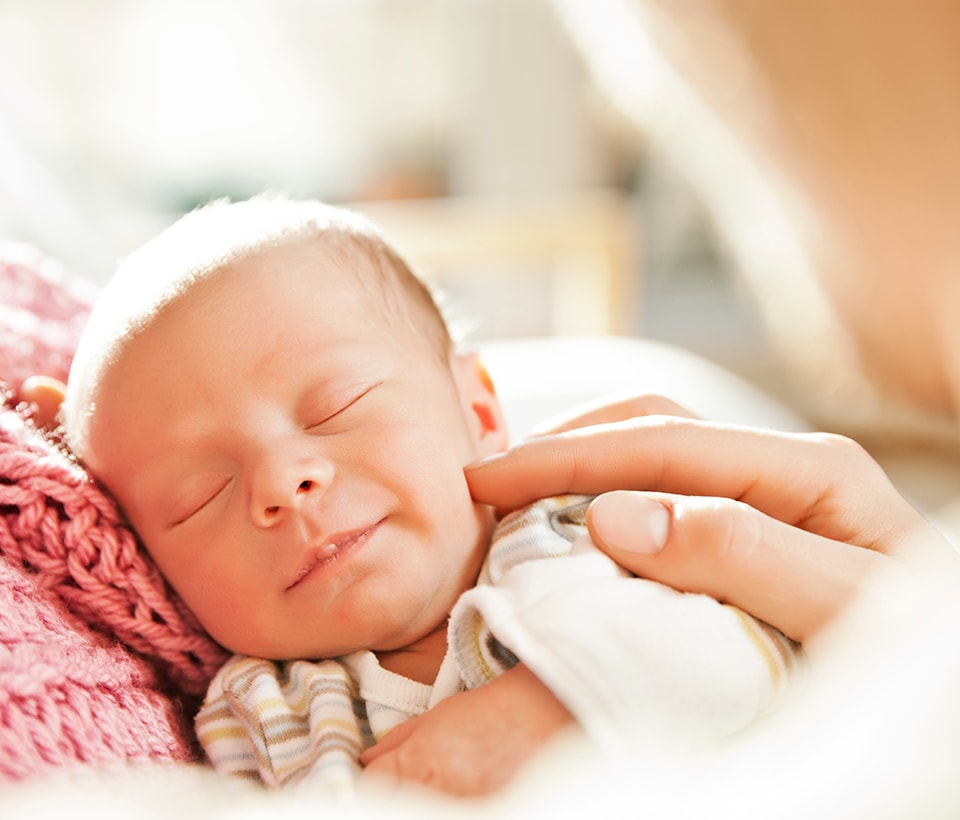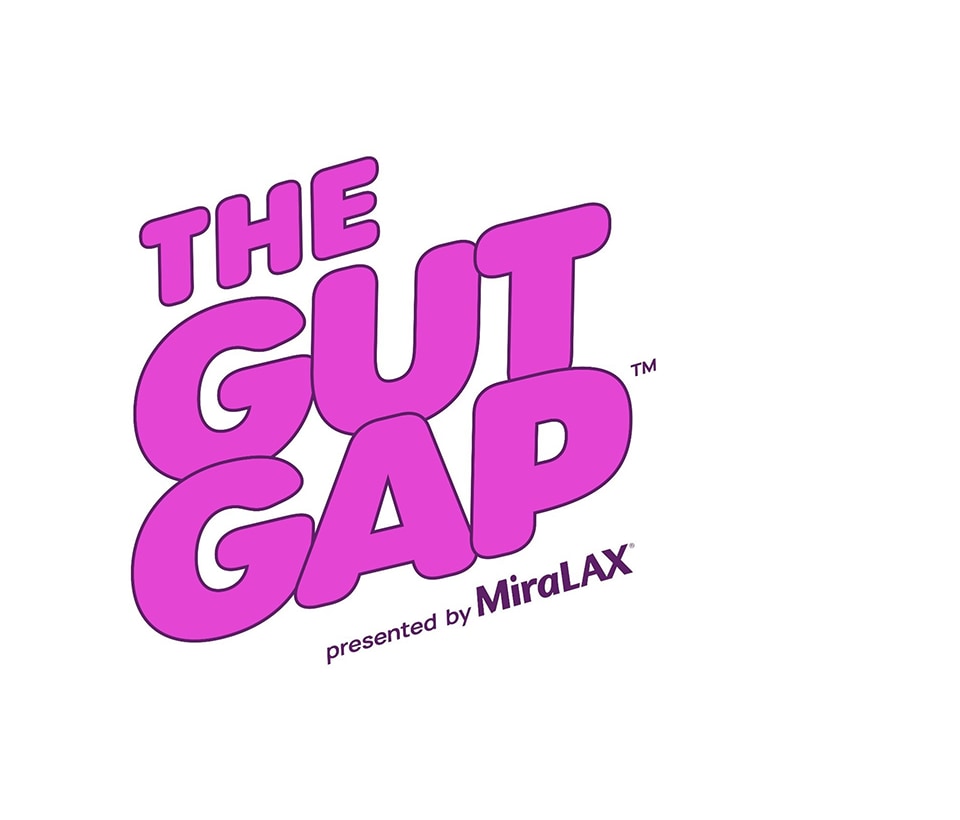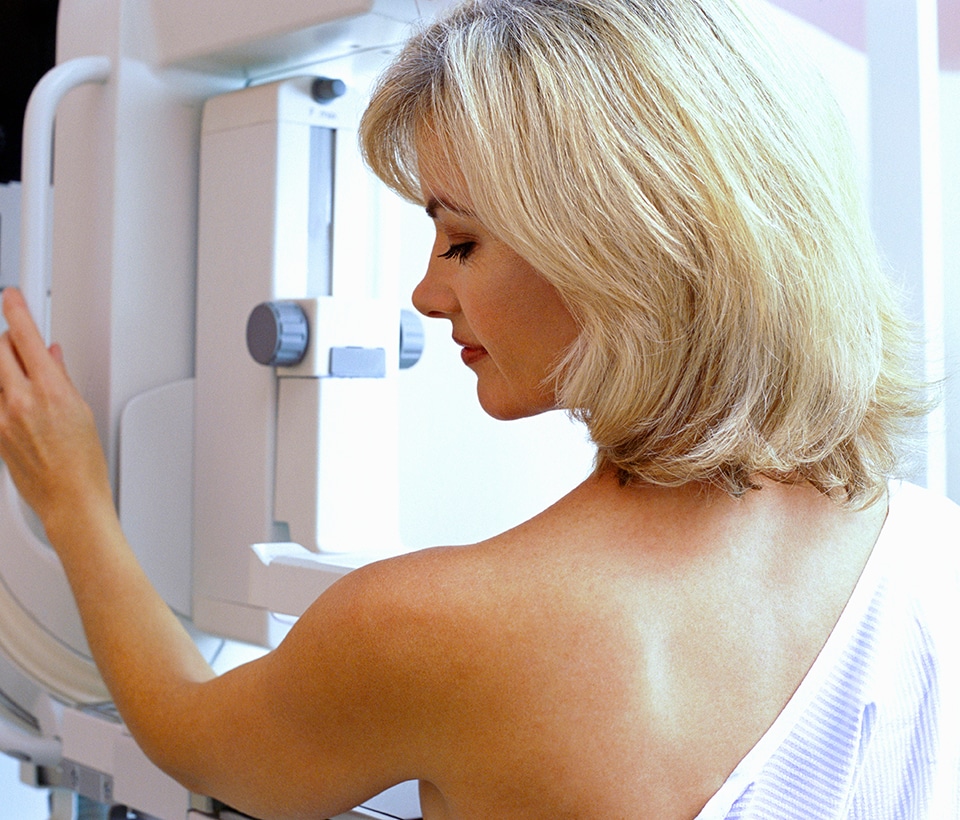American Women are Taking Charge of their Self-Care

- This Is Bayer
- Agriculture
- Consumer Health
- Pharmaceuticals
- Products
- Community
- News & Stories
- Careers
- This Is Bayer
- Agriculture
- Consumer Health
- Pharmaceuticals
- Products
- Community
- News & Stories
- Careers
Despite a lack of widespread industry focus on women’s health research, a new survey reveals that women in the U.S. are focused on their self-care.
Health inequity in America is a widespread issue, and women are not exempt. Women’s health issues have been historically deprioritized in the U.S. – this is known as “women’s health gap." Women spend an average of nine years in poor health – 25% more than men – which impacts their quality of life as well as their productivity levels at home, at work and in their community. What’s more, two out of five women report missing work or school due to women’s health-related concerns, according to a new survey of 2,000 American women, conducted by Morning Consult on behalf of Bayer.
On the other hand, while women’s health hasn’t always been a focal point in American society, most women are motivated to be healthy, as demonstrated by the survey, which showed that 89% of women practice at least one self-care approach (such as positive mindset and maintaining close personal relationships). The survey also revealed that most women (94%) incorporate one healthy habit into their daily routines such as walking, staying hydrated and taking vitamins and supplements.
As evidenced in the recent Presidential Executive Order aimed at increasing awareness and funding towards women’s health needs, there is momentum around helping women stay healthy and thrive. At Bayer and through our partners, we are dedicated to women throughout all stages of their health journey.
For 160 years, Bayer has been dedicated to improving the lives of women with time-tested solutions and precision health technologies that encourage self-care and prioritize the changing needs of today’s woman. Here’s how:

On average, people with periods spend more than half of their lifetime experiencing periods yet not all of them may fully understand what is happening with their bodies. Midol® believes that Comfort is Power and is dedicated to helping people with periods take the first step toward comfort by normalizing talk about periods with the launch of the PeriodTalk campaign.

There are approximately one million underserved pregnant women in the U.S. today with limited to no access to prenatal vitamins and minerals.
As a part of Bayer’s Nutrient Gap Initiative, we’ve partnered with public health NGO Vitamin Angels to change that. Through direct interventions and nutrition education, we’re helping more American women in need have healthier pregnancies and give their babies the best start in life.

The National Coalition for Women with Heart Disease and Bayer launched Understanding Her Heart: Women and Cardiovascular Disease initiative. This groundbreaking partnership aims to bolster awareness of heart disease risk factors among women, enhance accessibility to vital heart health information and resources, and mobilize women leaders to champion heart health education in their local communities and nationwide.

MiraLAX is addressing the high frequency of stress and constipation American women are facing with “The Gut Gap™.” Compared to men, women are twice as likely to experience constipation: one in three women are constipated on a weekly basis and 84% of women are stressed on a weekly basis. With its new “The Gut Gap” campaign, Bayer hopes to spark a national conversation about the root causes of constipation while offering much-needed comedic relief.

Bayer has supported the updated regulation, as well as supported the “Find It Early Act,” which would extend insurance coverage of needed supplemental imaging to all women.

Having the autonomy to choose if and when to start a family can carry significant influence as to women's opportunities across society. Our teams work to ensure that quality and informed care is accessible to all women throughout their lives, regardless of their socio-economic status or geographic location. We do this through partnership with organizations that bring women’s healthcare directly into communities who need it most, address the challenge of access through product donations, grants, and education.

Bayer is committed to making fruits and vegetables as appealing as they are nutritious. We’re working to ensure that nutritious fruits and vegetables always deliver on taste, appeal, and freshness, and are readily available to more Americans.




